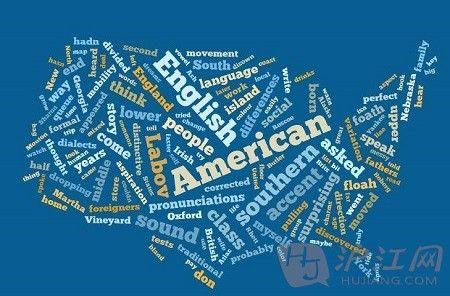English is the most widely spoken language in the world, used daily by millions of people as a first or second language in many different contexts. As a result, there are many varieties of English. Although the great many advances in English automatic speech recognition (ASR) over the past decades, results are usually reported based on test datasets which fail to represent the diversity of English as spoken today around the globe. We present the first release of The Edinburgh International Accents of English Corpus (EdAcc). This dataset attempts to better represent the wide diversity of English, encompassing almost 40 hours of dyadic video call conversations between friends. Unlike other datasets, EdAcc includes a wide range of first and second-language varieties of English and a linguistic background profile of each speaker. Results on latest public, and commercial models show that EdAcc highlights shortcomings of current English ASR models. The best performing model, trained on 680 thousand hours of transcribed data, obtains an average of 19.7% word error rate (WER) -- in contrast to the 2.7% WER obtained when evaluated on US English clean read speech. Across all models, we observe a drop in performance on Indian, Jamaican, and Nigerian English speakers. Recordings, linguistic backgrounds, data statement, and evaluation scripts are released on our website (https://groups.inf.ed.ac.uk/edacc/) under CC-BY-SA license.
翻译:英语是世界上使用最广泛的语言,每天有数百万人以很多不同的环境中使用英语作为第一或第二语言。因此,英语有许多变体。尽管在过去的几十年中对英语自动语音识别(ASR)取得了很多进展,但通常基于测试数据集报告的结果还不能代表目前全球所使用的英语多样性。我们现在发布了爱丁堡国际英语口音语料库(EdAcc)的第一个版本。这个数据集试图更好地代表广泛多样化的英语,包括近40小时的朋友之间的双向视频通话对话。与其他数据集不同,EdAcc包括广泛的第一和第二语言英语变体以及每个说话者的语言背景资料。在最新的公共和商业模型中,结果表明EdAcc突出了目前英语ASR模型的缺点。训练了68万小时转录数据的最佳表现模型,在评估美式英语干净阅读语音时获得了平均19.7%的文字错误率(WER),这与在美式英语干净阅读语音上评估时获得的2.7%的WER形成对比。在所有模型中,我们发现印度,牙买加和尼日利亚的英语说话者的表现下降。相关录音,语言背景,数据说明和评估脚本已在我们的网站(https://groups.inf.ed.ac.uk/edacc/)上发布,授权许可为CC-BY-SA。



